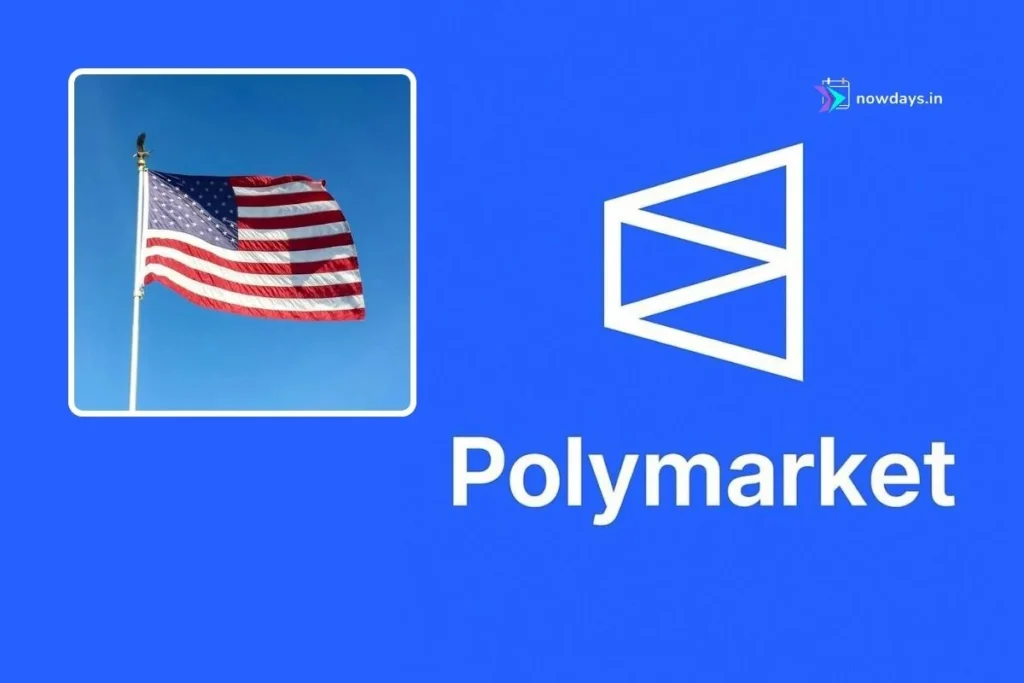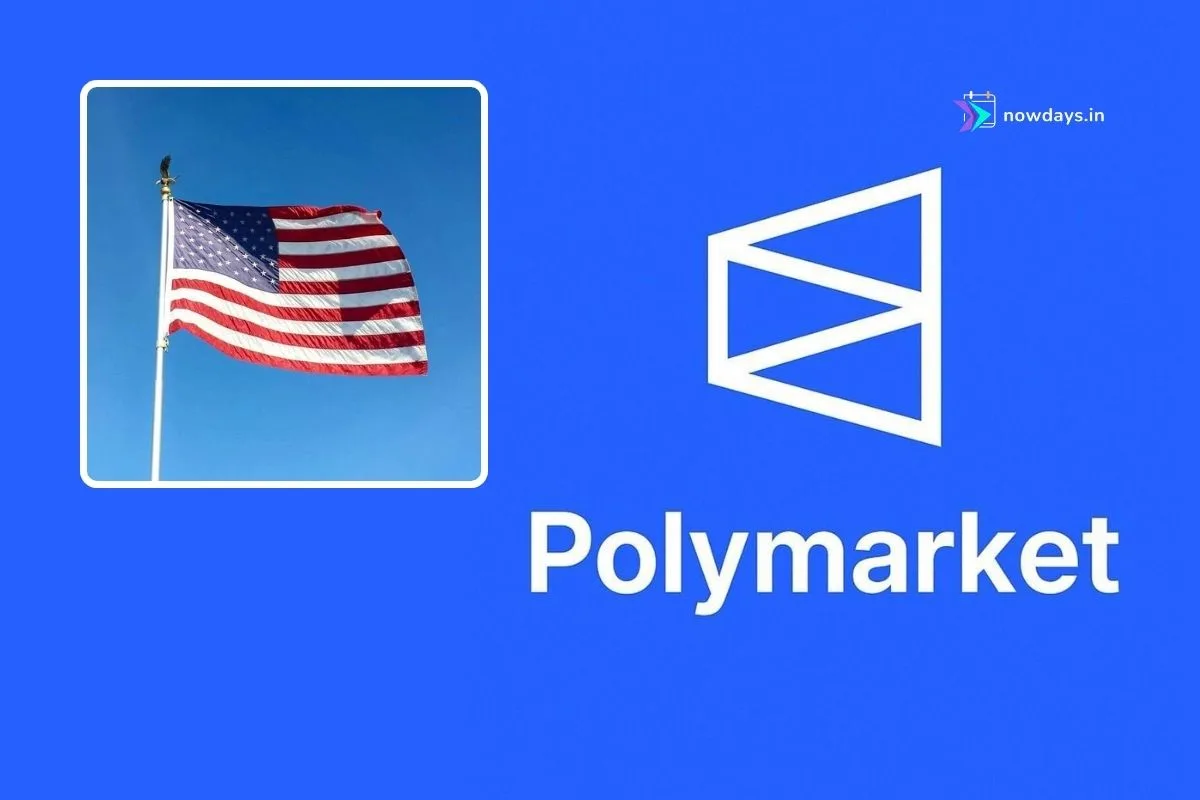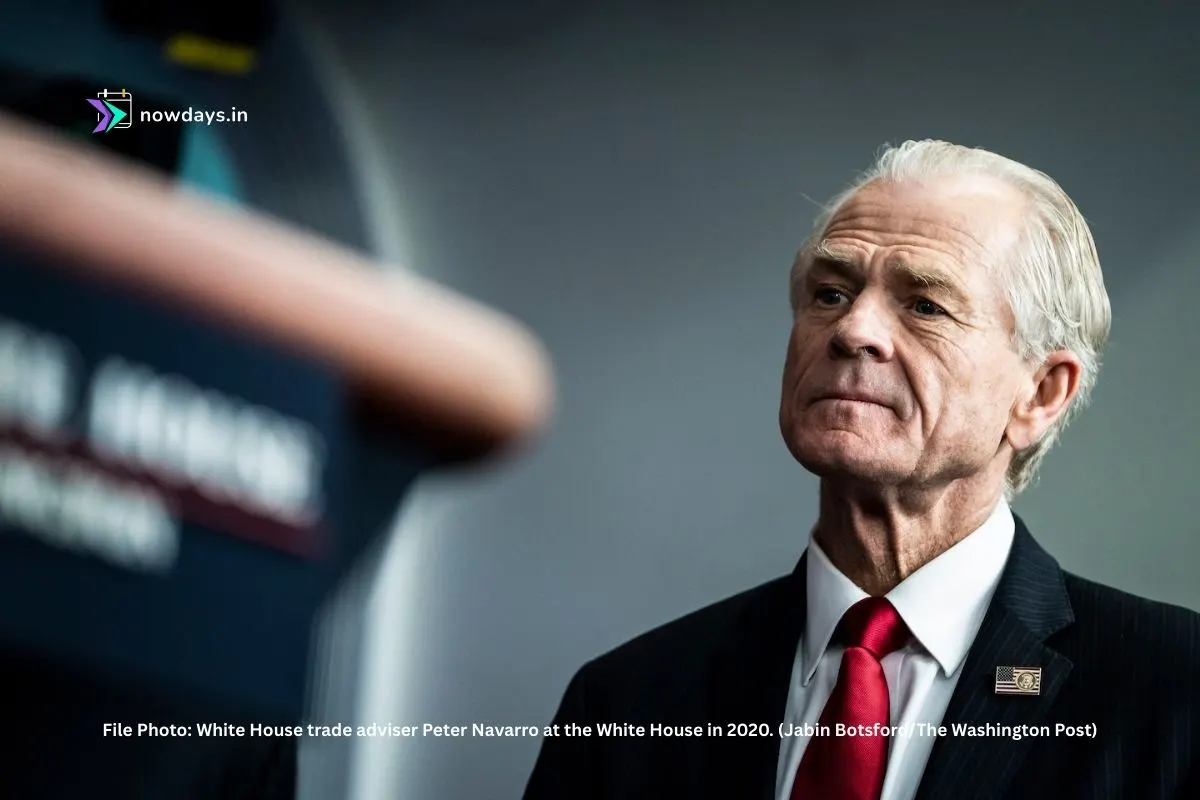The regulatory landscape for cryptocurrency-based prediction markets shifted dramatically this month as federal authorities closed investigations into Polymarket—one of the sector’s most prominent platforms. This pivotal decision signals a potential turning point for blockchain-based betting platforms operating within the United States’ complex regulatory framework.
The Investigation: Timeline and Turning Points
The journey began years earlier when regulators first scrutinized Polymarket’s operations. Key developments include:

- 2022 Settlement: Polymarket reached a $1.4 million settlement with the CFTC over concerns about offering unregistered swap products and servicing U.S.-based users without proper authorization.
- Post-Election Scrutiny: Following the intense activity around the 2024 U.S. elections—where users heavily wagered on political outcomes—federal investigations intensified significantly. The Federal Bureau of Investigation (FBI) escalated matters by raiding the Manhattan home of Polymarket CEO Shayne Coplan, seizing electronic devices in November 2024.
- U.S. Access Concerns: At the heart of the investigation was whether Polymarket had violated its earlier agreement by continuing to allow U.S.-based traders to place bets on its platform. CoinDesk independently verified that at least two U.S.-based individuals successfully placed bets during the period under investigation.
Read more: Mike Waltz Questioned on Signal Chat Controversy During U.N. Ambassador Hearing
The Regulatory Reversal
In early July 2025, both the Department of Justice (DOJ) and Commodity Futures Trading Commission (CFTC) formally notified Polymarket that their investigations had concluded without enforcement action or penalties . This decision arrives amid a broader shift in the U.S. regulatory approach to digital assets:
Table: Shifting Regulatory Landscape for Crypto Markets
| Administration | Enforcement Approach | Key Policy Developments |
|---|---|---|
| Biden Era | Aggressive enforcement, multiple investigations | Lawsuits against major exchanges, strict banking limitations |
| Trump 2.0 | Dropped investigations, pro-innovation stance | Stablecoin bill nearing passage, major crypto market legislation advancing in Congress |
Political Context and Industry Impact
The closure of these investigations didn’t occur in isolation but reflects a deliberate policy realignment:
- Administration Shift: The investigations began under the Biden administration but concluded under President Trump, whose team has signaled support for cryptocurrency innovation. Coplan previously characterized the FBI raid as “obvious political retribution” tied to his criticism of Biden-era policies.
- Broader Regulatory Retreat: This decision follows a pattern of federal agencies dropping over a dozen investigations and active cases against crypto firms since the administration change. Even the CFTC recently abandoned efforts to block another prediction market, Kalshi, from operating in the U.S..
- Market Implications: For Polymarket, the timing is critical. The resolution arrives as the platform prepares for a significant $200 million funding round, positioning it for substantial growth without the regulatory overhang.
What Polymarket’s Victory Means for Decentralized Prediction Markets
The resolution carries profound implications for the future of blockchain-based betting:
- Regulatory Precedent: While not establishing formal legal precedent, the decision signals that well-structured crypto prediction markets may operate within U.S. jurisdiction without immediate threat of prosecution—provided they maintain transparent operations and compliance vigilance.
- Innovation Catalyst: Startups exploring decentralized prediction markets now have greater confidence to develop new models. Polymarket’s experience demonstrates that regulatory engagement—rather than outright prohibition—is becoming the norm.
- Global Leadership Vision: The Trump administration appears committed to positioning the U.S. as a hub for blockchain innovation. Closing high-profile investigations aligns with this goal, potentially attracting talent and investment previously wary of U.S. regulatory hostility.
- Balancing Act Continues: Despite the positive outcome, significant challenges remain. Platforms must still navigate complex state gambling laws, financial regulations, and concerns about consumer protection and illicit activities.
The Road Ahead: Opportunities and Unresolved Questions
While Polymarket can now operate without the immediate threat of federal enforcement, several questions linger:
- State-Level Challenges: Federal closure doesn’t preclude actions by state attorneys general, particularly in jurisdictions with strict gambling prohibitions.
- Consumer Protection: As platforms grow, mechanisms for dispute resolution and fraud prevention will face greater scrutiny, especially following user complaints about disputed bet resolutions.
- Legislative Future: Congress is actively considering comprehensive crypto legislation, including a stablecoin bill nearing passage and broader market structure reforms. How these laws will specifically address prediction markets remains uncertain.
Read more: President Trump just called out Adam Schiff for Committing Mortgage Fraud
Industry advocates view this development as more than a single company’s reprieve. “The closure of the investigations represents a victory for the crypto community, which has long advocated for clear rules and a less punitive approach,” noted one European blockchain analyst. “It signals that innovation and compliance can coexist”.
A Watershed Moment
The DOJ and CFTC’s decision to close the Polymarket investigations represents a watershed moment for cryptocurrency innovation in America. Beyond the immediate impact on one platform, it reflects a fundamental shift in regulatory philosophy—from skepticism and enforcement toward engagement and growth-oriented oversight. This transition could accelerate the development of novel blockchain applications beyond simple speculation, including decentralized forecasting tools for everything from weather events to supply chain disruptions.
As federal agencies pivot from adversaries to potential collaborators, the United States positions itself to reclaim leadership in the global digital asset ecosystem. For Polymarket and its peers, the challenge now shifts from surviving regulatory threats to building sustainable, transparent platforms that demonstrate the real-world utility of decentralized prediction markets. The resolution of this high-stakes regulatory confrontation marks not an endpoint, but the beginning of a new experimental phase for blockchain’s intersection with real-world events.










1 thought on “DOJ Closes Investigation into Crypto Prediction Market Polymarket”